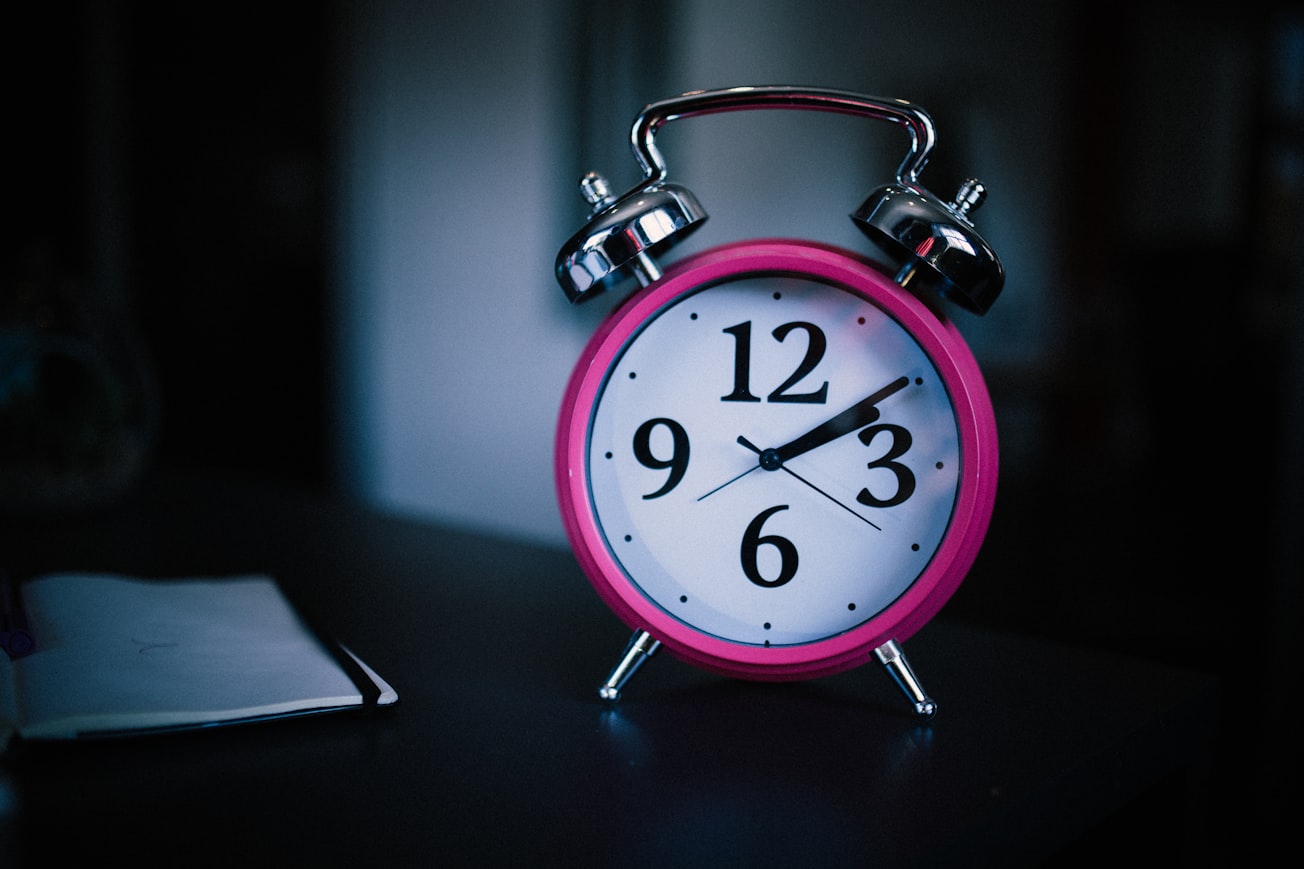What is it about?
Worldwide, more than 250 million people have asthma. This causes almost half a million deaths each year. It is well-known that asthma symptoms are worse at night. However, it was not understood if this was caused by nighttime behaviors such as sleeping and lying down, environmental factors such as allergens in the bed or pillow, or our internal circadian system (biological clock). This question was tackled by the use of two different intensive circadian protocols with consistent results. We have shown conclusively that the circadian system plays a key role in worsening lung function and in increasing airways resistance, and that these effects are independent of environmental and behavioral changes. This effect of the biological clock is clinically important because it led in these laboratory studies to an approximately four-fold increase in symptom-based rescue inhaler use (bronchodilator) during the circadian night.
Featured Image

Photo by Mpho Mojapelo on Unsplash
Why is it important?
These findings are important for uncovering a fundamental role of the circadian system in asthma severity, for identifying potential new opportunities for asthma treatment aimed at the circadian system, and for serving as an example for the role of the circadian system in medicine overall.
Perspectives
There are many diseases that show large variations in their symptoms and severity across the day and night, asthma being one of particular importance. We hope that this work, showing the importance of the biological clock in asthma severity can serve as an example of how to systematically study the role of the biological clock in other disease states, including daily variations in rheumatoid arthritis, heart attacks, strokes, and disruptions in blood sugar levels.
Frank A.J.L. Scheer
Brigham and Women's Hospital
There are many diseases that show large variations in their symptoms and severity across the day and night, asthma being one of particular importance. We hope that this work, showing the importance of the biological clock in asthma severity can serve as an example of how to systematically study the role of the biological clock in other disease states, including daily variations in rheumatoid arthritis, heart attacks, strokes, and disruptions in blood sugar levels.
Steven A Shea
Oregon Health & Science University
Read the Original
This page is a summary of: The endogenous circadian system worsens asthma at night independent of sleep and other daily behavioral or environmental cycles, Proceedings of the National Academy of Sciences, September 2021, Proceedings of the National Academy of Sciences,
DOI: 10.1073/pnas.2018486118.
You can read the full text:
Contributors
The following have contributed to this page







